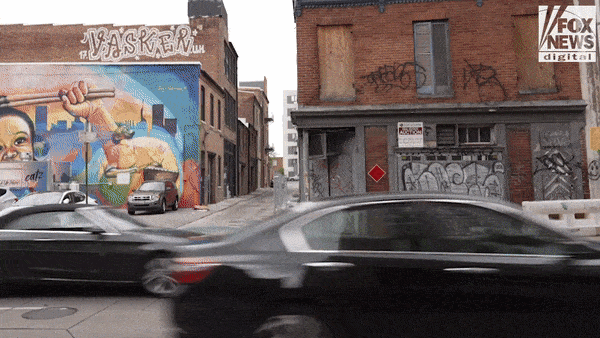Global Courant 2023-05-03 11:52:33
Federal Reserve Board Chairman Jerome Powell gives a press conference after the Fed raised interest rates by a quarter of a percentage point following a two-day meeting of the Federal Open Market Committee (FOMC) on interest rate policy in Washington, March 22, 2023.
Leah Millis | Reuters
Following JPMorgan Chase’s rescue of First Republic Bank over the weekend, leading economists are predicting that a prolonged period of higher interest rates will expose further vulnerabilities in the banking sector, potentially jeopardizing central banks’ ability to curb inflation.
The US Federal Reserve will announce its final monetary policy decision on Wednesday, closely followed by the European Central Bank on Thursday.
Central banks around the world have been aggressively raising interest rates for more than a year in an effort to curb skyrocketing inflation, but economists have warned in recent days that price pressures are likely to remain high for longer.
The WEF Chief Economists Outlook report released Monday highlighted that inflation remains a primary concern. Nearly 80% of chief economists surveyed said central banks face “a trade-off between controlling inflation and maintaining financial sector stability”, while a similar percentage expect central banks to struggle to meet their inflation targets. to fetch.
“Most chief economists expect that central banks will have to play a very delicate dance between wanting to further reduce inflation and concerns about financial stability that have also emerged in recent months,” Zahidi told CNBC on Monday.
As a result, she explained, it will become more difficult to make a trade-off, with about three-quarters of economists surveyed expecting inflation to remain high, or that central banks will not be able to act fast enough to meet the target. to lower.
First Republic Bank became the latest victim this weekend, the third among mid-sized US banks after the sudden collapse of Silicon Valley Bank and Signature Bank in early March. This time it was JPMorgan Chase to the rescue, the Wall Street giant won a weekend auction for the embattled regional lender after it was seized by the California Department of Financial Protection and Innovation.
CEO Jamie Dimon claimed the resolution marked the end of recent market turmoil when JPMorgan Chase acquired nearly all of First Republic’s deposits and a majority of its assets.
Still, several leading economists told a panel at the World Economic Forum Growth Summit in Geneva on Tuesday that higher inflation and greater financial instability are here to stay.
“People haven’t transitioned into this new era, that we have an era that will be structurally more inflationary, a world of post-globalization where we won’t have the same trade size, there will be more barriers to trade, an older demographic means the retirees who are savers don’t save the same way,” said Karen Harris, general manager of macro trends at Bain & Company.
“And we have a shrinking workforce, which in many markets requires investments in automation, so less capital generation, less free movement of capital and goods, more demand for capital. That means inflation, the momentum of inflation will be greater.”
Harris added that this does not mean that actual inflationary pressures will be higher, but that actual rates (which have been adjusted for inflation) should be higher for longer, which she says carries “many risks” in that “the calibration to an era of low rates is so entrenched that getting used to higher rates, that torque, will cause failures that we have not yet seen or anticipated.
She added that it “defies logic” that while the industry tries to quickly transition to a higher interest rate environment, there will be no further casualties beyond SVB, Signature, Credit Suisse and First Republic.
Jorge Sicilia, chief economist at BBVA Group, said that after the abrupt rise in interest rates over the past 15 months, central banks are likely to “wait and see” how this shift in monetary policy feeds through to the economy. However, he said a bigger concern was potential “pockets of instability” that the market is currently unaware of.
“In a world where leverage has been very high because you’ve had very low interest rates for a long time, where liquidity isn’t going to be as ample as before, you’re not going to know where the next problem is going to be,” Sicilia told the panel .
He also drew attention to the reference in the International Monetary Fund’s most recent financial stability report to the “interconnectedness” of leverage, liquidity and these pockets of instability.
“If the interconnectedness of unstable areas doesn’t go to the banking system that typically lends, it may not cause a significant problem and central banks can thus continue to focus on inflation,” Sicilia said.
“That doesn’t mean we won’t have instability, but it means things will get worse over time if inflation doesn’t fall to levels near 2 or 3%, and the central banks are still there. ” .”






